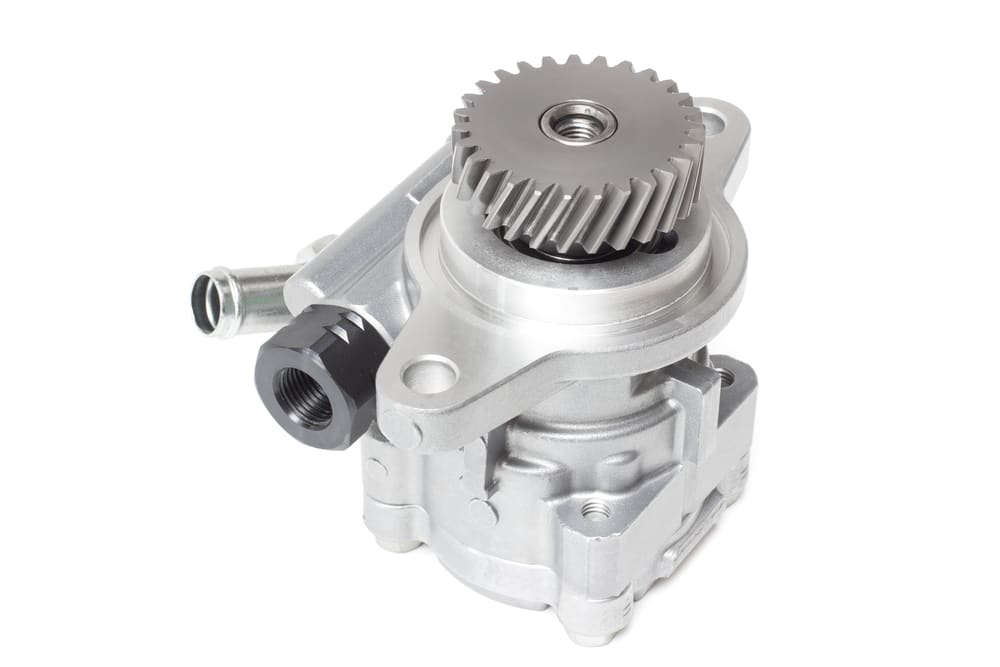

All internal combustion engines rely on some form of engine lubrication to keep the metal components of the engine from overheating and becoming damaged due to metal on metal contact. The engine oil pump is responsible for pressurizing and pumping engine oil to the various places throughout the engine where lubrication is required. It is the job of the high pressure safety valve to regulate the oil pressure and make sure that it is always at a safe level, never too high or too low, and always at the correct pressure.
The high pressure safety valve is usually located near the oil pump, and is not usually considered routine maintenance to service, however it can sometimes fail and cause mechanical issues with the engine. Usually a bad or failing high pressure safety valve will produce a few symptoms that can alert the driver of a potential issue.
1. Oil Pressure Light comes on
One of the most common symptoms of an issue with the high pressure safety valve is an illuminated oil light. If the high pressure safety valve fails or has an issue, the engine oil pressure may be disrupted. A change in the oil pressure, especially if unsafe, will be detected by the oil pressure switch, which will set off the Oil Pressure Light.
2. Increased engine noise
Another symptom of an issue with the vehicle’s high pressure safety valve is increased engine noise. If the high pressure safety valve fails and oil pressure is compromised it may be possible for the engine to be starved of oil in certain places. Aside from the potential of serious engine damage due to oil starvation, this will cause the engine to produce loud mechanical noises, such as whirring, grinding, or scraping. If you suddenly notice your engine making loud mechanical sounds that change according to engine speed stop the engine and have the vehicle looked at to prevent the potential of serious engine damage.
3. Sudden changes in oil pressure
Another symptom of a faulty high pressure safety valve, one for vehicles equipped with oil pressure gauges, is sudden changes in oil pressure. The high pressure safety valve is meant to regulate the oil pressure, making sure that it stays at a safe level throughout the engine, at both high and low engine speeds. If the safety valve fails, the oil pressure and flow may be disrupted, which may lead to sudden changes in oil pressure. The oil pressure gauge may suddenly change from being in the center, to high or low, or may fluctuate erratically.
High pressure safety valve failure is not generally considered a common issue, however problems can occur under certain circumstances. If you suspect that your engine’s high pressure safety valve may be having an issue, have the vehicle inspected by a professional technician, such as one from YourMechanic, to determine if the valve should be replaced.



